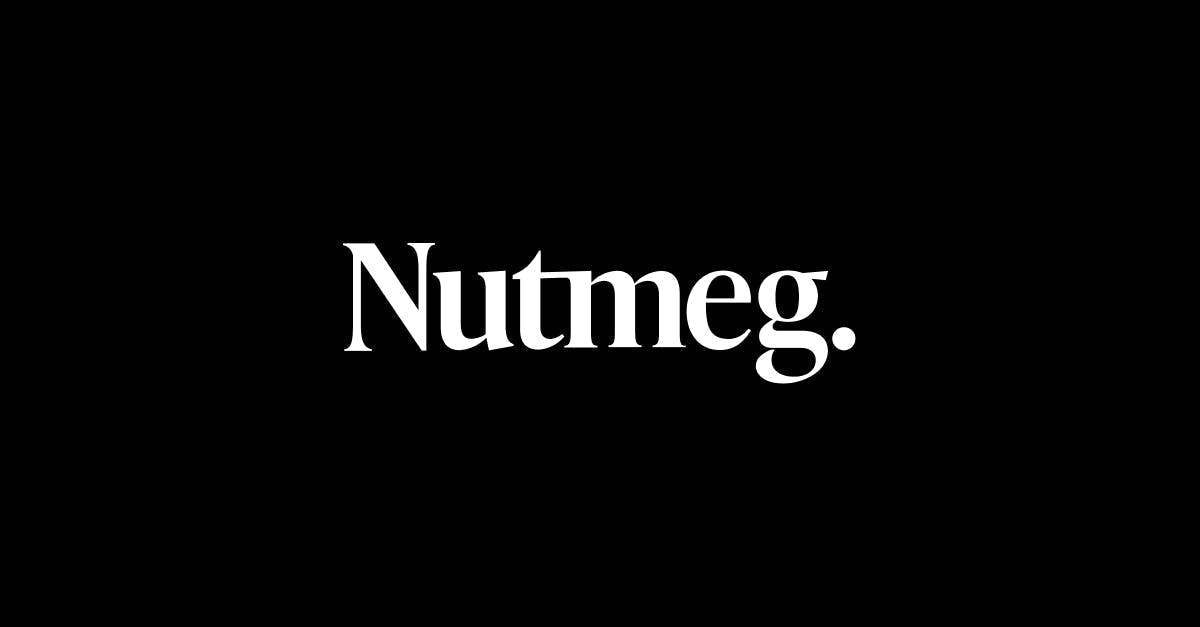Environmental, social and governance (ESG) has been widely adopted by ETF issuers over the last few years as investors have started allocating a significant portion of their portfolios specifically to the product group.
Despite the increasing adoption levels, there are still a number of flaws and misunderstandings between definitions and company inclusions in investment products. One ETF issuer in particular which has fallen foul of these problems is Vanguard.
In September 2018, Vanguard launched two ESG ETFs in the US, the Vanguard ESG US Stock ETF (ESGV) and the Vanguard ESG International Stock ETF (VSGX).
On the ETFs' product page, Vanguard states the products exclude the stocks of companies in the alcohol, tobacco and fossil fuel industries. However, 1.3% of ESGV’s and 1.2% of VSGX’s holdings are in the oil and gas sector which most would consider falls under the fossil fuel category.
ESGV’s largest oil and gas exposures include Schlumberger, the world’s largest oilfield services company, with 0.23%, Phillips 66, an oil refining company, with 0.17% and Marathon Petroleum, a petroleum refining company, with 0.15%.
VSGX’s largest exposures include Enbridge Inc, an energy transporting and distributing company, with 0.4%, TC Energy, a gas pipeline developer, with 0.3% and Pembina Pipeline, an oil and gas transporter and holder.
Institutional investors, as long as they are carrying out their due diligence correctly, would know exactly what they are buying as they have access to more substantial data in comparison to retail investors.
Therefore, retail investors who are likely to be less experienced and knowledgeable about investing might be unaware what exactly it is they are investing in and how the products might differ between issuers.
“No ESG strategy is exactly the same”, says James McManus, investment manager and head of ETF research at Nutmeg.
“When there is not a set definition of E, S and G, the results are that retail investors’ expectations are most likely not going to be met by the reality of how the fund is being managed.”
The inclusion of the stocks or misleading marketing could be the fault of Vanguard, the ETF issuer, or it could be FTSE Russell, the index provider. ESGV’s benchmark, the FTSE US ALL Cap Choice index, selects the holdings and says in its factsheet that it excludes any company that has fossil fuel reserves, but still has 44 constituents in the oil and gas sector.
Vanguard is simply tracking FTSE’s index, however, both companies are marketing their respective products as excluding any companies with exposure to the fossil fuel industry but still include stocks within the oil and gas sector.
In April, S&P Dow Jones Indices (SPDJI) launched an ESG screened S&P 500 index. The screening process means it excludes any company that derives at least 10% of its revenue from tobacco-related products or is involved in controversial weapons.
Unlike Vanguard and FTSE, SPDJI does not mention the exclusion of companies within the fossil fuel industry in the index. As a result, it includes ExxonMobil, one of the world’s largest oil companies, in its top 10 holdings, however, the index is still labelled ESG.
FTSE and SPDJI do share one step in the screening process which is the exclusion of companies that do not meet the United Nations Global Contact (UNGC) principles. But there is an inconsistency as SPDJI does not include Netflix in its ESG index because its “UNGC score is too low” but the company is included in Vanguard’s ESGV.
A spokesperson for Vanguard's US office said FTSE's methodology removes companies within the oil and gas sector which pose the greatest carbon emission risks. Additionally, they said Vanguard is refining its website description to include additional details regarding the index's methodology and exclusions.
It is not just Vanguard’s passive product offering which is including controversial companies. Vanguard’s SRI European Stock fund says it will exclude any company which does not meet “specific socially responsible criteria”. Along with ESG, socially responsible investing (SRI) is another investment term which falls under the ‘green’ umbrella.
Albeit vague, the majority of SRI screened funds exclude companies similar to ESG ETFs such as alcohol, tobacco and again, fossil fuels. However, the Vanguard SRI European Stock Fund’s top 10 holdings include the controversial Royal Dutch Shell. In fact, 7.5% of the fund’s holdings are in the oil and gas sector.
There still remain investors which want to invest in companies dealing with fossil fuels. McManus says: “Demand for fossil fuels is still there. If you look at it as a business perspective, the reality is the demand is expected to be 40% higher in 2035 than it is now.
“The difference with Vanguard is that there is an explicit commitment from the company to exclude fossil fuels, therefore if you see fossil fuels in the portfolio, your expectations have not been met.”
In the grand scheme of things, the ETF industry is leading the investment industry on ESG transparency, according to McManus. To become more transparent about their ESG exposure for their products, numerous ETF providers and platforms are including ESG ratings, carbon emissions and sector exposure on the product pages and data releases.
In March, iShares developed its data offering for all of its ETFs which enables investors to see the MSCI ESG score for every product as well as the constituents’ exposure to controversial industries such as weapons and tobacco.
Similar to iShares, Nutmeg launched a range of SRI portfolios last year that integrates MSCI’s data within the platform to score the portfolios against a range of ESG criteria. This strategy excludes nuclear power and thermal coal however it does not exclude fossil fuels.
Vanguard's spokesperson says the company is working closely with industry groups, such as the Sustainability Accounting Standards Board (SASB), to enhance the quality of sustainability-related disclosures.
McManus concludes: “If you wanted to be in the UK equity income sector, you have to achieve a certain dividend yield and publish that yield. If you are a low duration bond fund, I would want to know exactly how low.
“So if you are marketing yourself as being ESG focused, then why should you not have to provide some sort of quantification for your ESG exposure.”
ETF Insight is a new series brought to you by ETF Stream. Each week, we shine a light on the key issues from across the European ETF industry, analysing and interpreting the latest trends in the space. For last week’s insight, click here.





